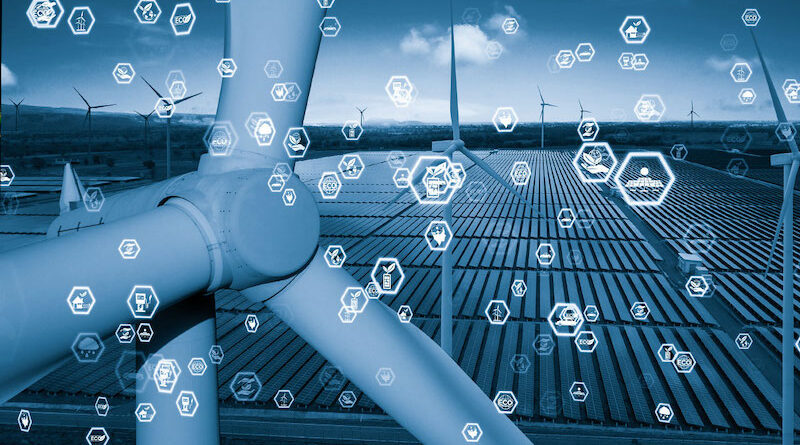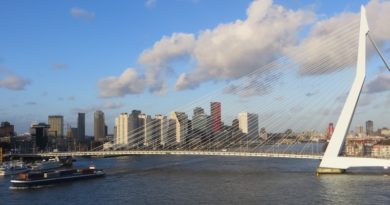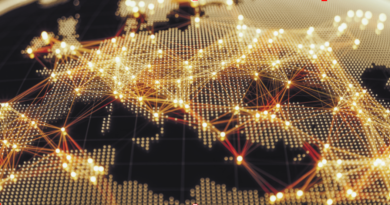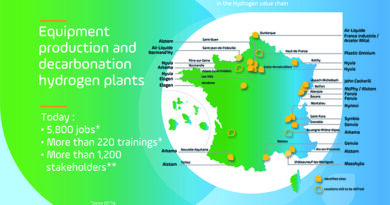
Ensuring Europe’s energy independence in the face of geopolitical crises: bringing clean and affordable energy to people and businesses.
Clean, affordable and, above all, secure energy for families and businesses. This is what can make or break the future of European prosperity and industry. Today, we are paying the price for our years of dependence on imported energy from Russia, the United States and Qatar. Cutting that dependence means: producing our own energy. In Europe, sustainability, safety and competitiveness go hand in hand. The future is renewable.
It is hard to overstate the importance of affordable energy. Companies cite high energy bills as the number one cause for their declining competitiveness. In just a few years, electricity prices for businesses have doubled. In the case of other fuels, such as LNG, today we pay up to five times more than in other countries. The availability of affordable energy is crucial not only for our businesses but also for our households. More than 4 million households in Europe fail to pay their energy bills.
If we want to attract investment in e.g. energy-intensive industries, investments in strong and developed European energy networks and the availability of affordable renewable energy are crucial. Our competitors have understood this well.
The speed at which China is investing in solar and wind energy today is unimaginable.
The country accounts for more than 40 per cent of global renewable energy investment and produces more renewable energy technology than any other country in the world. In the US, a significant part of the Inflation Reduction Act funds went into producing green hydrogen as cheaply as possible, which at one point became available even at a quasi-zero price.
For Europe, that future lies with renewable sustainable energy. Today, European countries spend some €400 billion annually on importing gas and oil, because fossil fuels are simply not abundantly available here. And they never will be.
That we were nevertheless able to build an industrial ecosystem on them is a consequence of the post- WWII world order, in which the USA was our partner in limiting the power of oil cartels. Today, those same United States are part of the oil and gas cartel.
Which leaves us with the choice of buying expensive gas from Putin or buying expensive gas from Donald Trump. In the current geopolitical climate, both choices are equally unattractive because both suppliers have proved that they are willing to use our dependence against us as and when it suits them.
And even though expensive and imported gas makes up only 22% of our energy mix, it determines the price of over half our energy consumption.
So, the energy transition is not just about climate, it is more than ever about our prosperity. It allows us to increase our energy security while reducing our dependence on third countries. The fact that this also allows us to get rid of the volatile prices of fossil fuels while lowering energy prices is a win-win.
Highways of the 21st century
But reducing our dependence is not enough on its own. We are on track to meet our renewable energy production targets. We can accelerate that transition by both ramping up investment capacity and accelerating the roll-out of renewable projects. For member states, this is an important task. Today, it takes up to seven years to permit and realise a new renewable energy project. In today’s world, Europe can hardly afford such delays. In its recently announced Clean and Affordable Energy Action Plan, the Commission reiterated its desire to shorten that permit period, but in practice it is the Member States that must do the heavy lifting.
Although we are investing more than ever in the production of affordable renewable energy and its availability has only increased in recent years, this has not led to a drop in our energy prices. This is partly due to the functioning of the market, but also to the lack of smart energy infrastructure.
We are producing abundant renewable energy, but we are not getting it to our businesses and households.
We need to expand and strengthen our grids and use them more efficiently. And we need to eliminate missing links between different member states. Today, we are too much a collection of 27 small energy grids. Better and more coordinated planning –preferably on a European level- will help absorb the high costs of such investments and reduce their impact on energy bills.
Better coordination would also help to bridge the gap that too often exists between renewable energy investments and grid development. Too often we are building wind turbines that cannot yet be connected and building grids without installing production capacity. Addressing that mismatch is crucial to bringing affordable electricity to businesses and households as soon as possible.
Investment in such energy infrastructure is incredibly expensive. For many Member States, this is an obstacle, but it is precisely where Europe can add value. Not only with public funds, but also by steering available private capital and financial institutions in the same direction.
If the Commission also manages to turn the ambition of the action plan into concrete proposals that are quickly realisable and implementable now, then we will be well on our way. By devoting European resources to modern energy networks and new connections between member states, such as between Belgium and Denmark or France and Spain, we are laying the foundations for tomorrow’s prosperity, building our strategic autonomy, strengthening the competitiveness of our industry and making affordable energy available to families and businesses.
Energy networks can do for our prosperity in 21st century what highways did for our parents and grandparents in 20th century. Let us be as bold as they were and invest our public resources in tomorrow’s prosperity, jobs and industry. It is more than ever time to put our money where our interests are.




